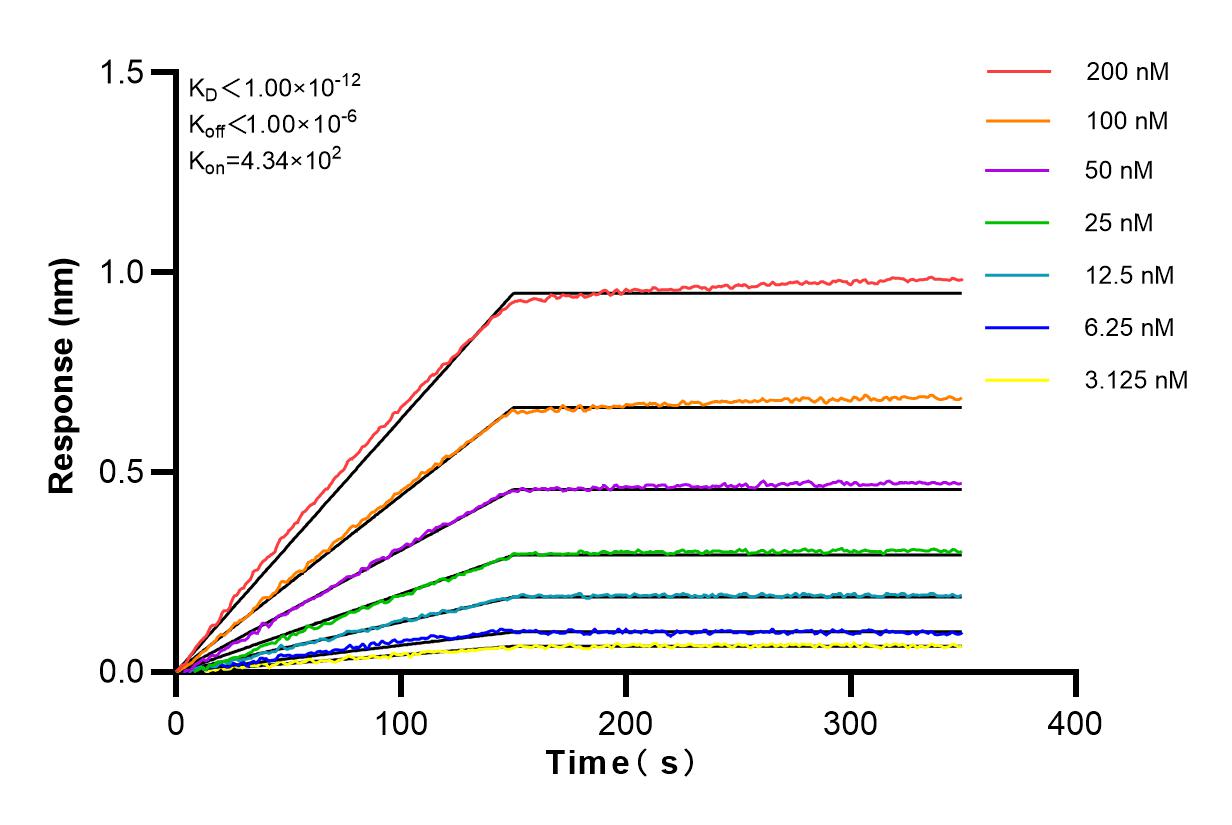Validation Data Gallery
Tested Applications
Recommended dilution
| Application | Dilution |
|---|---|
| It is recommended that this reagent should be titrated in each testing system to obtain optimal results. | |
| Sample-dependent, Check data in validation data gallery. | |
Product Information
83170-4-RR targets PGF in ELISA applications and shows reactivity with Human samples.
| Tested Reactivity | Human |
| Host / Isotype | Rabbit / IgG |
| Class | Recombinant |
| Type | Antibody |
| Immunogen |
CatNo: Ag0969 Product name: Recombinant human PGF protein Source: e coli.-derived, PGEX-4T Tag: GST Domain: 1-170 aa of BC007789 Sequence: MPVMRLFPCFLQLLAGLALPAVPPQQWALSAGNGSSEVEVVPFQEVWGRSYCRALERLVDVVSEYPSEVEHMFSPSCVSLLRCTGCCGDENLHCVPVETANVTMQLLKIRSGDRPSYVELTFSQHVRCECRPLREKMKPERRRPKGRGKRRREKQRPTDCHLCGDAVPRR 相同性解析による交差性が予測される生物種 |
| Full Name | placental growth factor |
| Calculated molecular weight | 25 kDa |
| GenBank accession number | BC007789 |
| Gene Symbol | PGF |
| Gene ID (NCBI) | 5228 |
| Conjugate | Unconjugated |
| Form | |
| Form | Liquid |
| Purification Method | Protein A purification |
| UNIPROT ID | P49763 |
| Storage Buffer | PBS with 0.02% sodium azide and 50% glycerol{{ptg:BufferTemp}}7.3 |
| Storage Conditions | Store at -20°C. Stable for one year after shipment. Aliquoting is unnecessary for -20oC storage. |
Background Information
Placenta growth factor (PLGF) is also named as PGF and PGFL. PGF is a homodimeric glycoprotein, 46-50 kDa in size, belonging to the vascular endothelial growth factor (VEGF) sub-family. It plays an important role in pathological VEGF-driven angiogenesis. PLGF is expressed not only in placental cells but also in colon and mammary carcinomas. It acts as a primary inflammatory instigator of atherosclerotic plaque instability and thus may be useful as a risk-predicting biomarker in patients with acute coronary syndromes (ACS).

